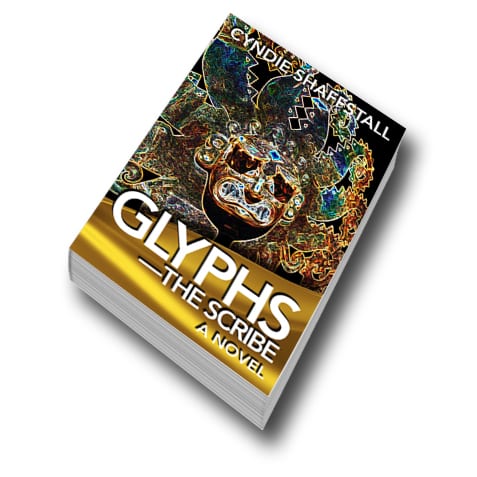 Three days after the passing of the judicial edict, the prisoners are brought into the assembly to stand trial. They are tied hand and foot and wear the same clothing in which they arrived. Someone thought enough to march the men to the river and wade them into the water to wash away the stench I’m certain they wore.
Three days after the passing of the judicial edict, the prisoners are brought into the assembly to stand trial. They are tied hand and foot and wear the same clothing in which they arrived. Someone thought enough to march the men to the river and wade them into the water to wash away the stench I’m certain they wore.
The charges against the men are read: killing, kidnapping, and maiming of one or more people who would become citizens of Sacsayhuamán. One at a time, each prisoner is given the opportunity to speak briefly in his own defense. The jury of three clan chiefs listens to their statements, shouting at them as they speak and calling them liars. The warriors who guard them beat them if they attempt to deny their part in the raid—they beat them until they confess.
I watch Pascac as his guards strike the prisoners. His jaw set tight, as though he fights within himself to keep quiet. Rimac does not share his brother’s distaste for the display and joins others hurling insults and threats.
After each man is given his opportunity to defend himself, the jury pauses but a moment to consider what has been said. Following the last man, the jurors take even less time before announcing all guilty of all charges. They agree the only appropriate punishment is death. The room erupts in cheers; the prisoners cry out and wail. The warriors drag them back to their cell to await their fate.
The assembly leaves the great hall and moves their discussion to the open plaza. The mood is eerily happy given the pronouncement of death. I look to my paper to finish the chronicle of the day’s events. I realize I am crying and blot at the drops with my long blouse, careful not to smear my ink. I blow at the paper to rush the process, but more tears fall and I make a bigger mess of my work. A hand reaches forward and slides the sheet away. I look up to see Pascac looking pained. He asks me to join him for a walk down the hall of arches. I resist taking comfort in the presence of this man, but cannot deny the sapa.
We walk slowly, side by side, not speaking until we reach the coffin of his father. Pascac puts his hands on the stone and hangs his head over it—as though he is attempting to stare through the sarcophagus directly into his father’s eyes. I watch him until I see his tears fall as well. I move toward him and add my hands to his on the heavy lid—both of us in desperate need of Inti’s wisdom and comfort. Pascac steps back, centers me in front of the coffin and then stretches his arms out on either side, putting his hands again on the lid, to either side of mine. I now stand between the only two important men of my twenty-five years on Mother Earth—on Pachamama.
Oh, Inti, where are you when we need you most?
Pascac buries his face in my shoulder and weeps.
